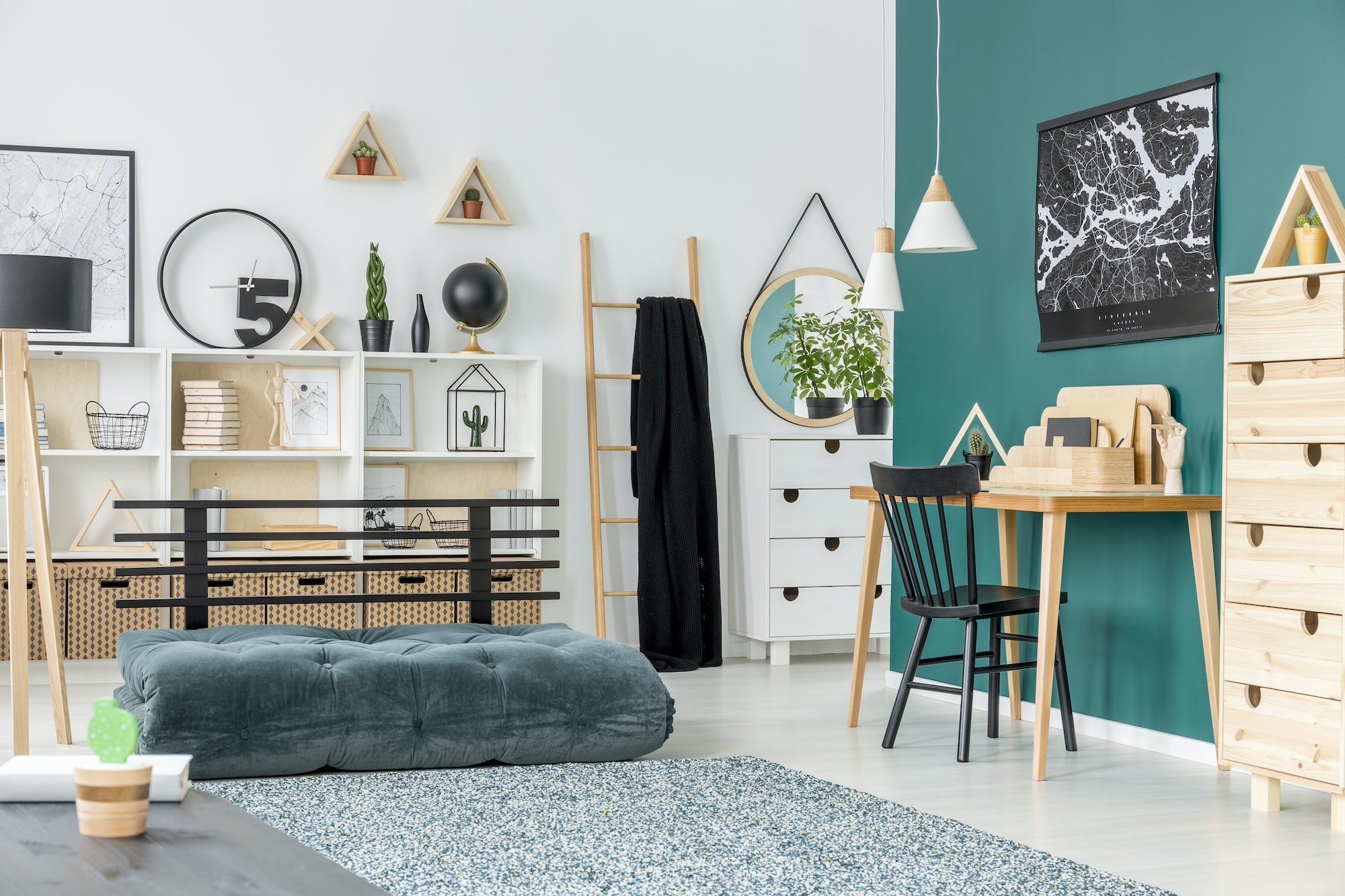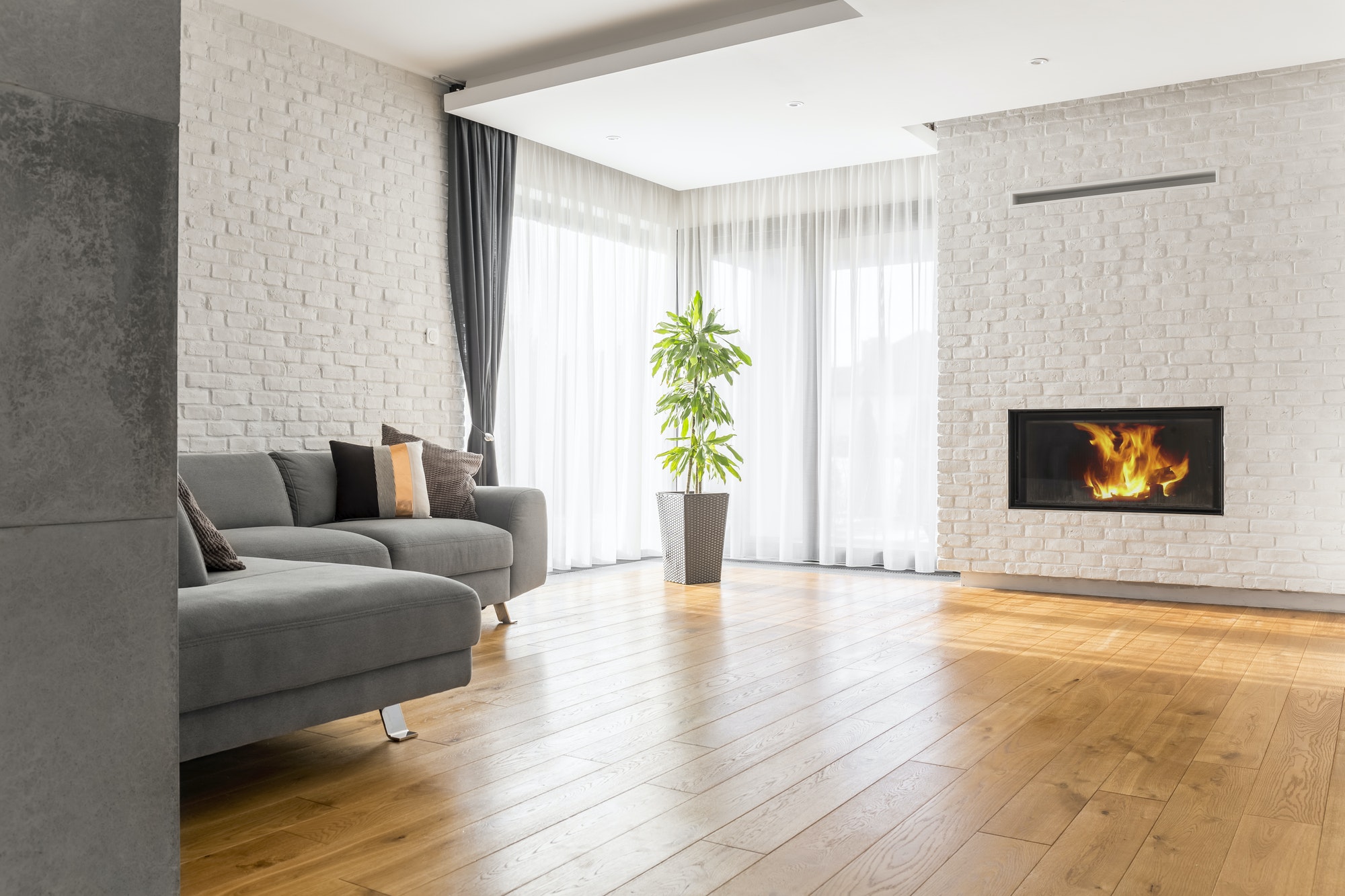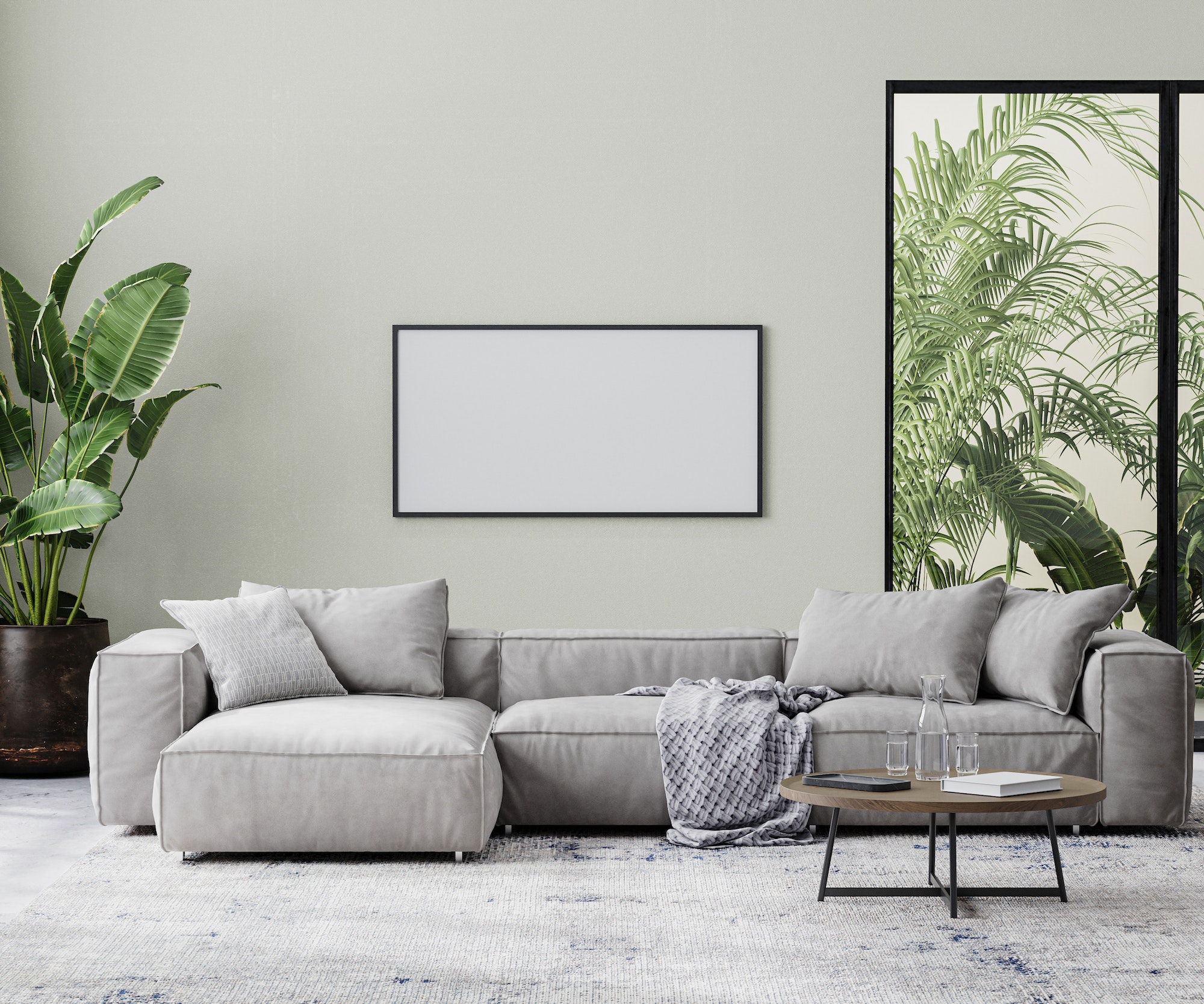As parents, we aim to create the most favorable setting for our kids to develop and succeed. Making sure our kids have their own rooms is a big part of providing a happy and healthy environment at home for them. Children benefit emotionally and psychologically when they have their own space to play and be themselves. This post will discuss the benefits to a child’s development and overall well-being that can result from giving them their own space at home. We’ll talk about how it helps in many ways, including feeling like they have some degree of control over their surroundings and feeling safe and secure. When designing a kid’s room, there are a number of factors to consider, and we’ll go over some of the most common ones. Whether you’re a new parent or your kids are already teenagers, you’ll find helpful advice and suggestions here for making your home a safe and encouraging place for your kids. Let’s dive in and find out the value of giving a kid his or her own space.
Benefits of a Child’s Own Room
Having a dedicated space for a child to call their own has many positive outcomes.
Mental Health
A child’s mental health can benefit from having their own space because it gives them a sense of independence, privacy, and security. Further, it has the potential to induce a state of calm and relaxation, both of which are useful in combating stress and anxiety. Having a place to call one’s own and pursue one’s passions can also boost happiness and contentment.
Allows to Become More Self-Reliant
Children benefit greatly from having their own rooms in which to develop and exercise their autonomy. They have the freedom to personalize their space in whatever way they see fit, from the layout to the care of their possessions. Children’s sense of self and confidence benefit greatly from this.
Offers Confidentiality
As with grownups, kids require some personal space now and then. If they have their own room, they can go there whenever they need some time alone to decompress and recharge. It gives them a safe haven and a place to go when they need some quiet time to themselves.
Encourages Imagination and Originality
The comfort and privacy of one’s own bedroom are conducive to a child’s development as a creative individual. There, they can engage in uninterrupted activities like playing, reading, drawing, and dreaming. This aids in the growth of their intellect and their capacity for imaginative play.
Aids in Getting a Good Night’s Rest
Kids sleep better when they have their own space to retreat to at night. They have the ability to regulate the environment in their bedroom, making it more suitable for restful sleep by adjusting the temperature, lighting, and noise. A child’s ability to learn and retain information, as well as his or her general level of alertness and focus, are all enhanced when they have had sufficient sleep.
When is it Appropriate for a Kid to Have His or Her Own Space?
In the first place, it’s crucial to remember that sharing a bedroom with a sibling can have both positive and negative effects on a youngster. Young people who share a bedroom can learn valuable social skills like cooperation and compromise. For younger children who are still apprehensive about sleeping alone, it can also provide a sense of comfort and security. However, a child’s sleep and general health may suffer if he or she must share a bedroom with another person.
By the time they enter school, typically around age 6, children should have graduated to their own bedroom. Having a place that is solely theirs gives them a sense of autonomy and independence, allowing them to open up and be themselves. However, you should think about your own family’s situation and resources before making a final call. If you are short on living quarters, sharing a room for an extended period of time may be your only option. The primary goal should be to furnish a home that is conducive to your child’s health, happiness, and growth.
Guide to Making a Child’s Room
- It’s important to get a kid’s input when designing their own space. Inquire into their opinions on the subject of decor, color scheme, and furnishings. This will give them a better sense of pride and belonging in their new rooms;
- It is crucial to make a space that is not only aesthetically pleasing but also practical. Make sure the furniture is the right size for the child and that there is plenty of space for toys, books, and clothing;
- Choose soothing hues, employ low-key lighting, and furnish the space with comforting blankets and pillows to set the mood. Your kid will appreciate being able to relax in his or her own room with these additions;
- Ignite your child’s creativity by letting them decorate their room however they like. Artwork, photographs, and mementos from significant events are all examples. Your kid’s room will have more character and meaning with these additions;
- A lighter wall and furniture colors mirror to create the illusion of more space, and a lack of clutter are all ways to make a small room feel more expansive;
- A reading nook with cozy chairs and a wide selection of books, as well as games and toys that inspire original thought and play, are all good ideas. To further personalize your kid’s space, consider basing the decor on his or her interests or favorite colors.
Conclusion
If you want to give your kid a place to call their own where they feel secure and at ease, that separate space you create for them is crucial. It’s great for fostering autonomy, giving you some alone time, stimulating your imagination, and getting a good night’s rest. Your child’s room can be a space they enjoy and treasure for years to come if you involve them in the design process and keep it practical, calming, and personalized.
Discover more from Futurist Architecture
Subscribe to get the latest posts sent to your email.



